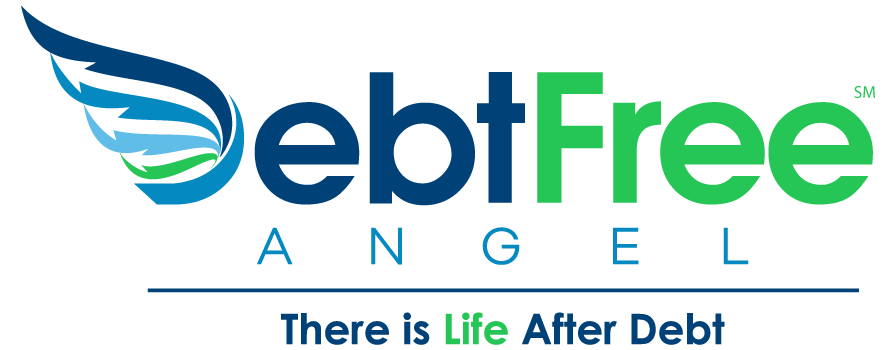Debt is, unfortunately, a normal part of life. In the U.S., the figures are overwhelming, as the majority of adults are in debt. According to financial intelligence site Comet, 80.9 percent of baby boomers are currently in debt, as well as 79.9 percent of Generation X and 81.5 percent of millennials.
If you want to dig yourself out from underneath a mountain of debt, you need a solid plan. One of the first and most vital steps? Knowing which debt to get rid of first.
However, it’s not as simple as deciding you want your student loan taken care of first before your credit card balance. Instead, you must consider different factors about the debts themselves as well as determine your capacity to pay the debts off.
Step One: Know what kind of debts you have
There are two kinds of debt: “good” debt and “bad” debt. The money you borrowed for things that will grow in value or generate long-term income is considered good debt. Good debts include mortgage and student loans. These debts help boost your financial position by giving you something that’s valuable in exchange. Student loans, in particular, help because they may be tax deductible.
On the other hand, you incur bad debts by purchasing things that quickly lose their value and items you can’t pay for in full within a month or two. This includes material things such as a pair of shoes or a fancy meal at an expensive restaurant. So, if you cannot afford or don’t actually need it, don’t buy it. Since bad debts will only continue to grow, you should tackle those first.
Step Two: Figure out what strategy will work best for you
![]()
There are two well-known strategies when it comes to tackling your debt: you either pay off the ones with the highest interest rates or the ones with the lowest balance.
The idea behind tackling your bad debts with the highest interest rates first is that you’ll pay the least amount of money overall. The downside is that your highest-interest debt may also be your biggest debt. As a result, it will take you a longer time to pay off this debt and reach your first repayment milestone.
When you pay off your debt with the smallest balance, though, you’ll be able to take it off your list faster. This may give you the psychological satisfaction that you’re a step closer to financial freedom. Completely eradicating one of your debts is no small feat, so the sense that you can do this could be the motivation you need to diligently pay off your remaining debts.
Step Three: Stick to your repayment plan and make better financial decisions
The key to digging yourself out of debt is by sticking to your debt repayment plan. It’s helpful to map out your plan and set deadlines for repaying each debt so that you’ll have a clearer idea of how and when each will be completed.
After that, learn your lessons about accumulating debt. Once you’ve successfully paid off most of what you owe, you must learn how to manage your money better so you won’t be put in a difficult position of being deeply indebted once again.
Work with Debt Free Angel
We understand that repaying your debt isn’t going to be an easy process. That is why Debt Free Angel is here to help with you get out of debt in nine years or less. We provide debt relief in Miami, Florida. We focus on not only reducing your debt but also on assisting you to completely eliminate it. After that, we’ll help you come up with a plan so that you won’t go into debt again.
Call us today for a free strategy session.


